The Power of Data in Healthcare: Enhancing Medical, Operational, and Marketing Decisions

In the modern healthcare landscape, data has become a cornerstone for making informed decisions. Whether it’s improving patient outcomes, streamlining operations, or refining marketing strategies, the value of data is undeniable. For healthcare professionals and administrators, the ability to analyze and leverage data can lead to more effective decision-making in multiple areas: clinical care, operational management, and marketing.
The Role of Data in Medical Decisions
Personalized Patient Care
Data analysis allows healthcare providers to offer more personalized and effective care. By analyzing patient histories, test results, and treatment outcomes, clinicians can tailor treatments to individual needs, improving the effectiveness of interventions. Data-driven insights also enable predictive analytics, helping healthcare teams anticipate complications or health risks before they arise, thus preventing costly or harmful errors.Enhanced Clinical Decision-Making
Clinicians are inundated with data—from patient records to global healthcare trends. Proper analysis of this information leads to more accurate, timely, and informed decisions. Instead of relying on intuition alone, data provides evidence-based support for diagnosis, treatment plans, and patient management, improving both short- and long-term care outcomes.
Data’s Impact on Operational Management
Streamlined Operations and Efficiency
For healthcare facilities, optimizing daily operations is critical for improving both patient care and cost management. Data analysis can reveal inefficiencies in scheduling, resource allocation, and workflow processes. By identifying these bottlenecks, healthcare managers can streamline operations, ensuring that staff and resources are utilized to their fullest potential. For example, analyzing patient flow data can help hospitals reduce wait times, increase patient satisfaction, and lower operational costs.Improved Resource Management
Effective management of resources like medical equipment, staffing, and supplies is essential for maintaining operational efficiency. By analyzing patterns in resource usage, managers can predict future demand and adjust inventory or staffing levels accordingly. This proactive approach minimizes waste, ensures that critical services are always available, and helps avoid unnecessary expenses.Risk Management and Compliance
Data analysis can also aid in identifying areas of risk, from patient safety to regulatory compliance. By tracking performance indicators and outcomes, healthcare organizations can address potential issues before they escalate. Additionally, data can ensure compliance with healthcare regulations, reducing the risk of penalties or legal actions.
The Role of Data in Healthcare Marketing
Targeted Marketing Campaigns
In today’s competitive healthcare environment, marketing plays a crucial role in attracting new patients and retaining current ones. Data analysis allows healthcare organizations to create more targeted and effective marketing campaigns. By analyzing demographic and behavioral data, healthcare marketers can identify specific patient segments and tailor their messaging accordingly. This data-driven approach not only increases patient engagement but also optimizes marketing budgets by focusing resources where they will have the most impact.Understanding Patient Needs and Behavior
Analyzing patient feedback and engagement data helps healthcare providers understand the needs, preferences, and pain points of their target audience. This insight allows for the creation of personalized marketing strategies, whether through email campaigns, social media, or patient outreach programs. Data can reveal which services or treatments are in demand and help organizations prioritize them in their marketing efforts.Measuring Marketing Effectiveness
Data analysis provides healthcare marketers with tools to measure the effectiveness of their campaigns. By tracking key performance indicators (KPIs), such as patient acquisition rates, engagement metrics, and return on investment (ROI), marketing teams can adjust their strategies in real-time. This allows healthcare organizations to be more agile, responding quickly to changes in patient behavior or market conditions.
Integrating Data Across Medical, Operational, and Marketing Decisions
Collaborative Decision-Making
The power of data lies in its ability to unify different areas of a healthcare organization. Medical staff, operational managers, and marketing teams can all benefit from sharing data-driven insights. For example, operational data about patient flow can inform marketing campaigns that promote faster, more efficient services, while clinical data can help operations teams allocate resources more effectively. This integration creates a cohesive strategy that aligns patient care, operational efficiency, and organizational growth.Strategic Planning and Growth
Data is a key asset in strategic decision-making. For healthcare executives, data analysis can provide insights into market trends, patient demographics, and financial performance, helping to shape long-term strategies for growth and expansion. Whether opening a new facility or launching a new service, data enables organizations to make informed decisions that are aligned with both market demand and operational capacity.Continuous Improvement
The use of data fosters a culture of continuous improvement. Regularly analyzing key metrics across clinical care, operations, and marketing enables healthcare organizations to identify opportunities for enhancement. By making data-driven adjustments, healthcare providers can continuously optimize processes, patient care, and overall performance, ensuring that they remain competitive in a fast-evolving industry.
Conclusion
In healthcare, the ability to make data-driven decisions across medical, operational, and marketing domains is no longer optional—it’s essential. Data analysis empowers healthcare professionals to deliver more personalized care, improve operational efficiency, and execute targeted marketing campaigns that resonate with patients.
By embracing the full potential of data, healthcare organizations can ensure that they are not only providing high-quality care but also optimizing their resources, staying compliant, and growing sustainably in a competitive marketplace. The future of healthcare depends on the intelligent use of data, ensuring that every decision—whether clinical, operational, or marketing-related—is informed, strategic, and impactful.


Leave a Reply